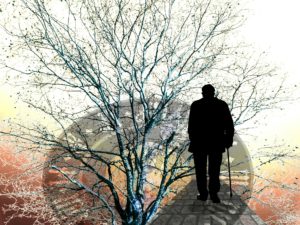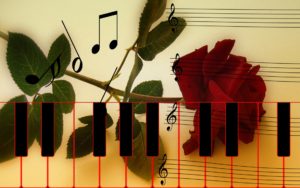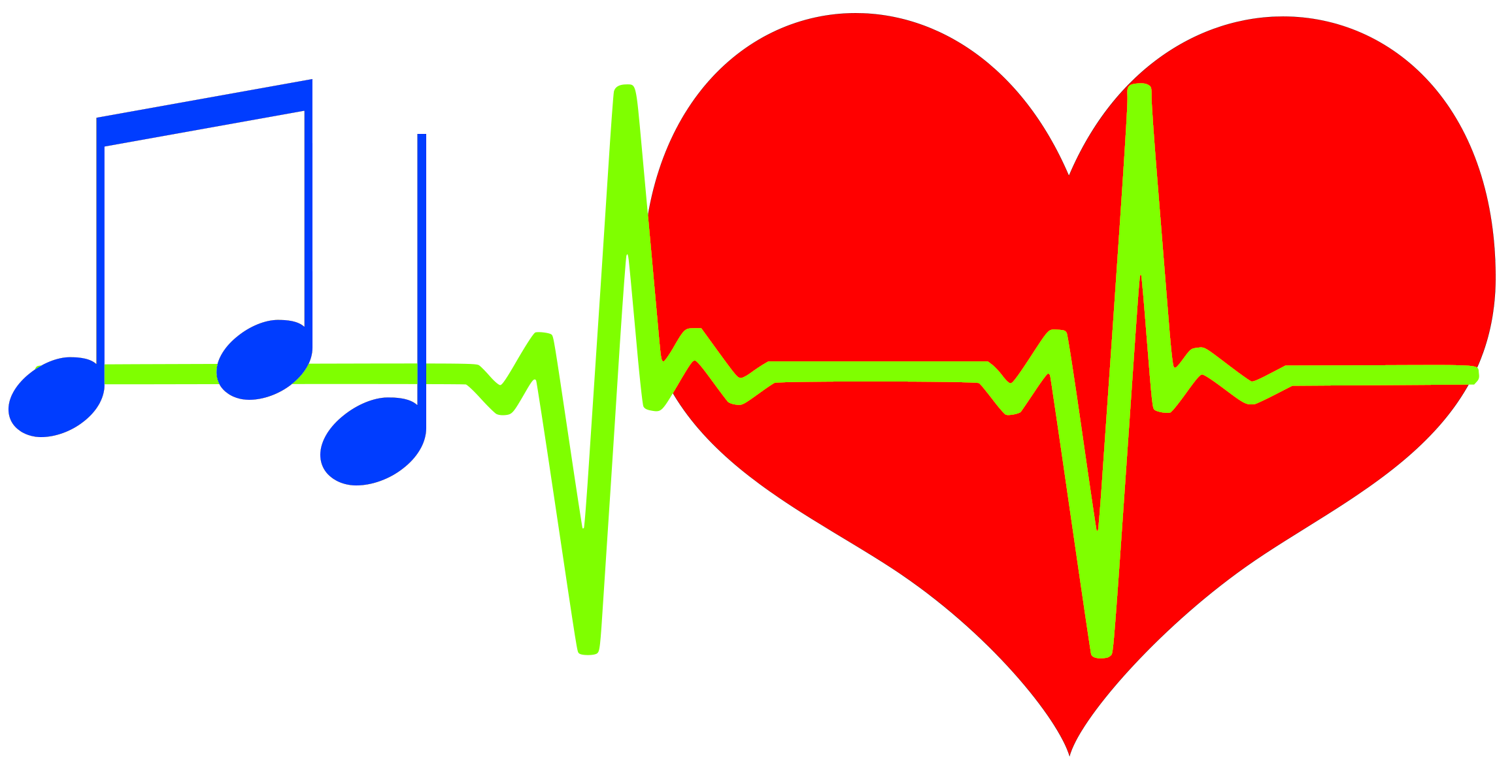How we know what to play
How to Choose
It all about creating the best result for the patient. One style of music does not fit all, just like one medication doesn’t cure every ailment.
The Patient’s Needs
To the musician: be in the moment before entering the room. Focus on the patient. It’s all about the patient. Is the patient alert or disoriented? Is he angry? What is his physical position? Is he on a monitor, if so, what are his vitals? Does he appear to be in pain or anxious? The evaluation of the patient is critical in selecting the therapeutic music that will help him heal, help him move on to a more comfortable state.

Meet, Match, Move. Whatever condition the patient is in, play music that will resonate with him. This is the meeting part. Watching the patient’s response to the music will tell the musician if the music is effective or not. This is matching the patient’s state. At this point, the musician can use music to gradually move the patient to a more comfortable or healing condition. For example, for a patient who is anxious, struggling to get out of bed, a quiet, calming music, usually of unfamiliar music should be selected. As the patient settles into this music, it can be modified – slowed down, possibly with some silences between phrases. This should produce a greater calming effect, and in 50% of the cases, put the patient to sleep.
In some cases, the patient doesn’t respond as anticipated. The musician then needs to shift into another style of playing, until he finds a style that resonates with the patient.

Everyone benefits
Being part of this transformation is fulfilling, and something most people would like to experience and share. Think of the times music has moved you to feel better or more positive. Sharing the comfort and satisfaction that music has given you adds even another dimension to the emotional rewards of being involved in therapeutic music. You can join us in sharing the benefits of music by training with us to become a Certified Clinical Musician, contact us, or by donating to help fund the training of more therapeutic musicians.
